Cameron clamps down on offshore-owners of UK property
Mystery firms to be unmasked as Prime Minister reveals new measures to tackle financial corruption
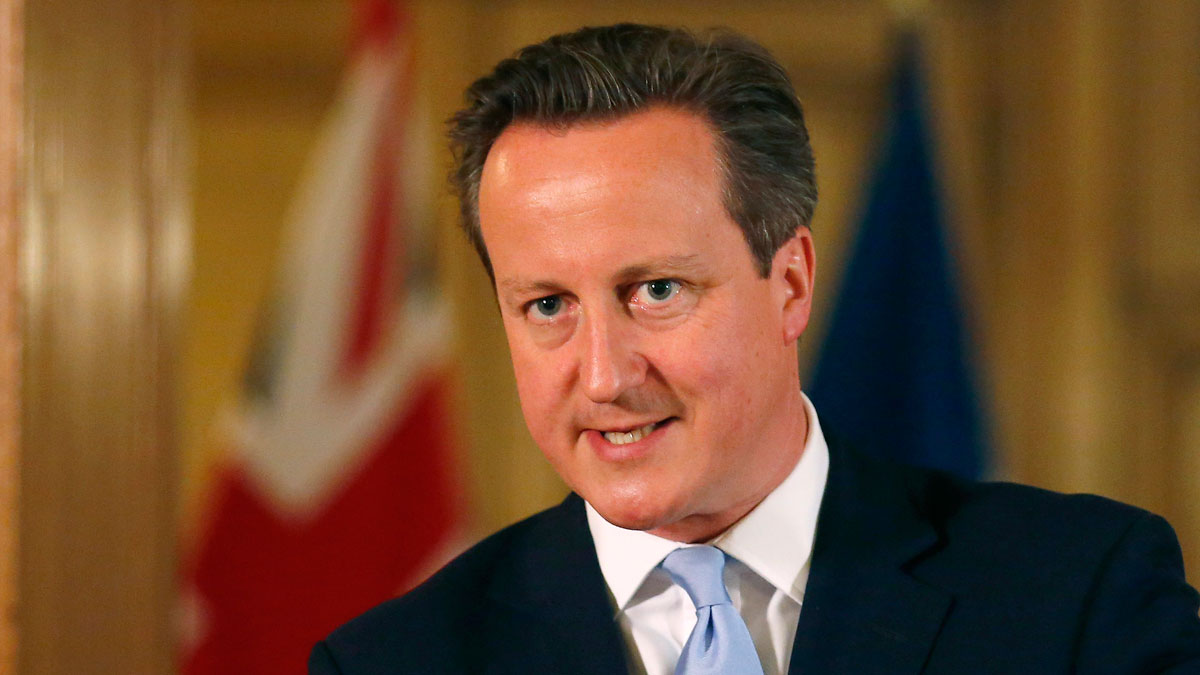
A free daily email with the biggest news stories of the day – and the best features from TheWeek.com
You are now subscribed
Your newsletter sign-up was successful
David Cameron has attempted to regain the initiative on tackling financial corruption by announcing a package of legislative reforms, including a clampdown on offshore companies which have bought as much as £150bn worth of UK property.
The Prime Minister announced the plans in an article for The Guardian today, ahead of hosting an international anti-corruption summit which has taken on added significance since the huge Panama Papers data leak exposed the activities of the rich and powerful in tax havens.
Under the proposed new rules, any company wishing to buy a property in the UK will have to disclose their "true owners in a public register for the first time".
The Week
Escape your echo chamber. Get the facts behind the news, plus analysis from multiple perspectives.

Sign up for The Week's Free Newsletters
From our morning news briefing to a weekly Good News Newsletter, get the best of The Week delivered directly to your inbox.
From our morning news briefing to a weekly Good News Newsletter, get the best of The Week delivered directly to your inbox.
The BBC adds the demand will also apply to any company that is competing for government outsourcing contracts.
This could be a major development in the fight against financial crime. Last July, Donald Toon, the director of economic crime at the National Crime Agency, told the Guardian London had become the "money laundering capital of the world" because of the huge investment in property by opaque companies based in secretive tax havens.
Toon spoke out after data showed that a new tax on properties owned by companies had raised more than £140m in its first three months alone. The Sunday Times reported last August that since 1999, almost 36,000 companies had bought 96,440 UK properties worth around £150bn, of which £112bn related to residential houses.
Criminals investing in UK property through an offshore company would have almost total secrecy and would be able, at a later date, to realise the value of their asset without any links to the original, illegal source of the funds.
A free daily email with the biggest news stories of the day – and the best features from TheWeek.com
Cameron's anti-corruption drive will also see a new criminal offence created that would punish executives for failing to "prevent fraud or money laundering inside their companies". This would be particularly aimed at the chiefs of global banking groups, which have been heavily fined for involvement in corruption in recent years but whose bosses have escaped almost entirely unscathed.
Elsewhere, a number of other countries, including France, Nigeria and the Netherlands, will join the UK in committing to set up public registers of beneficial ownership, with even some UK overseas territories agreeing to join 34 governments in "automatically and regularly" sharing registers of company ownership.
Critics will point out, however, that the British territories of the Cayman Islands and British Virgin Islands, which was the haven most exposed in the Panama Papers leak, have not signed up to any such initiative.
"Cameron has registered his displeasure with the [British Virgin Islands'] refusal to join the automatic exchange initiative by refusing to invite its officials to the summit," notes the Guardian. Some will argue that as prime minister, he can and should go much further to force the issue.
-
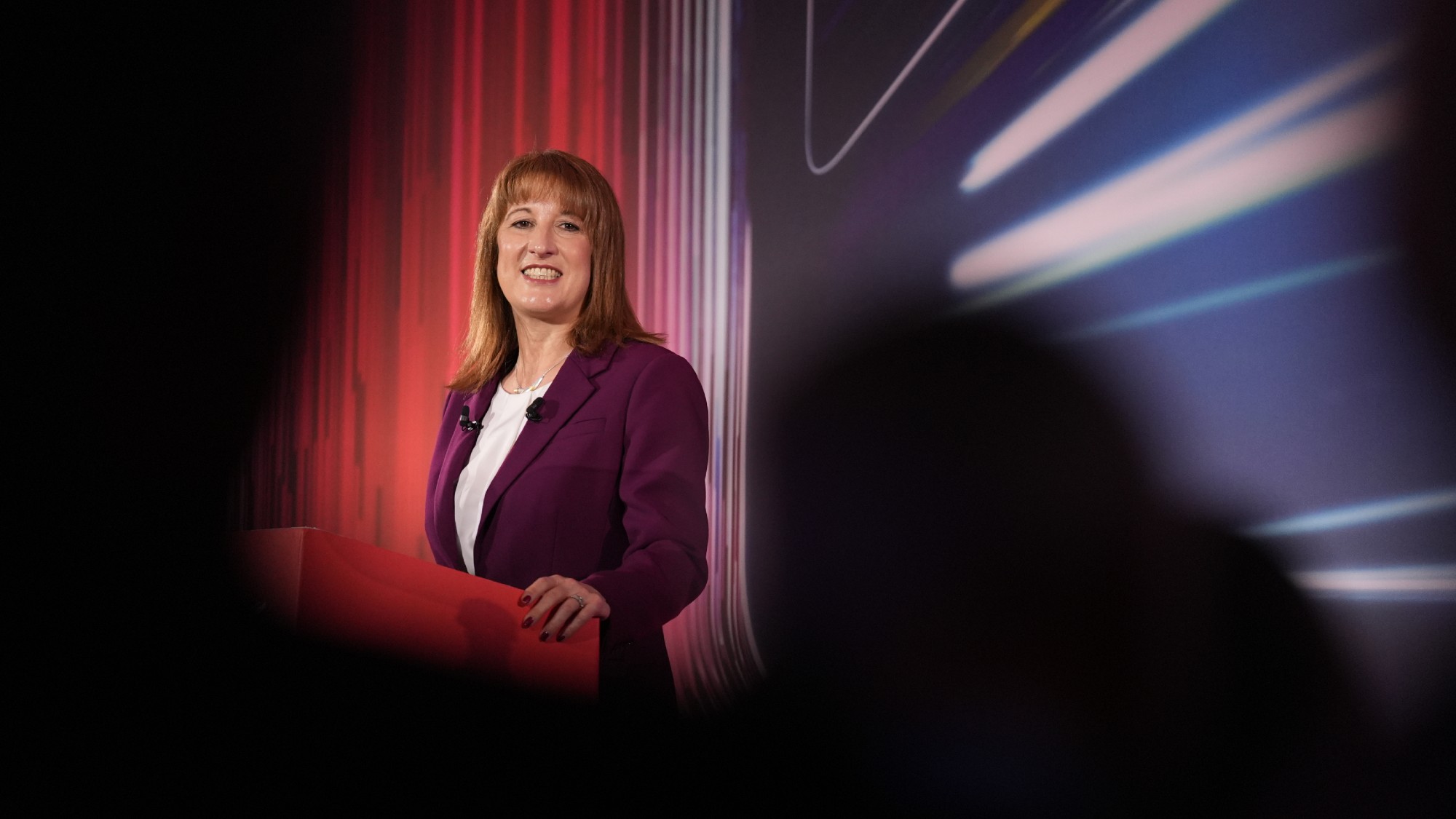 Autumn Budget: will Rachel Reeves raid the rich?
Autumn Budget: will Rachel Reeves raid the rich?Talking Point To fill Britain’s financial black hole, the Chancellor will have to consider everything – except an income tax rise
-
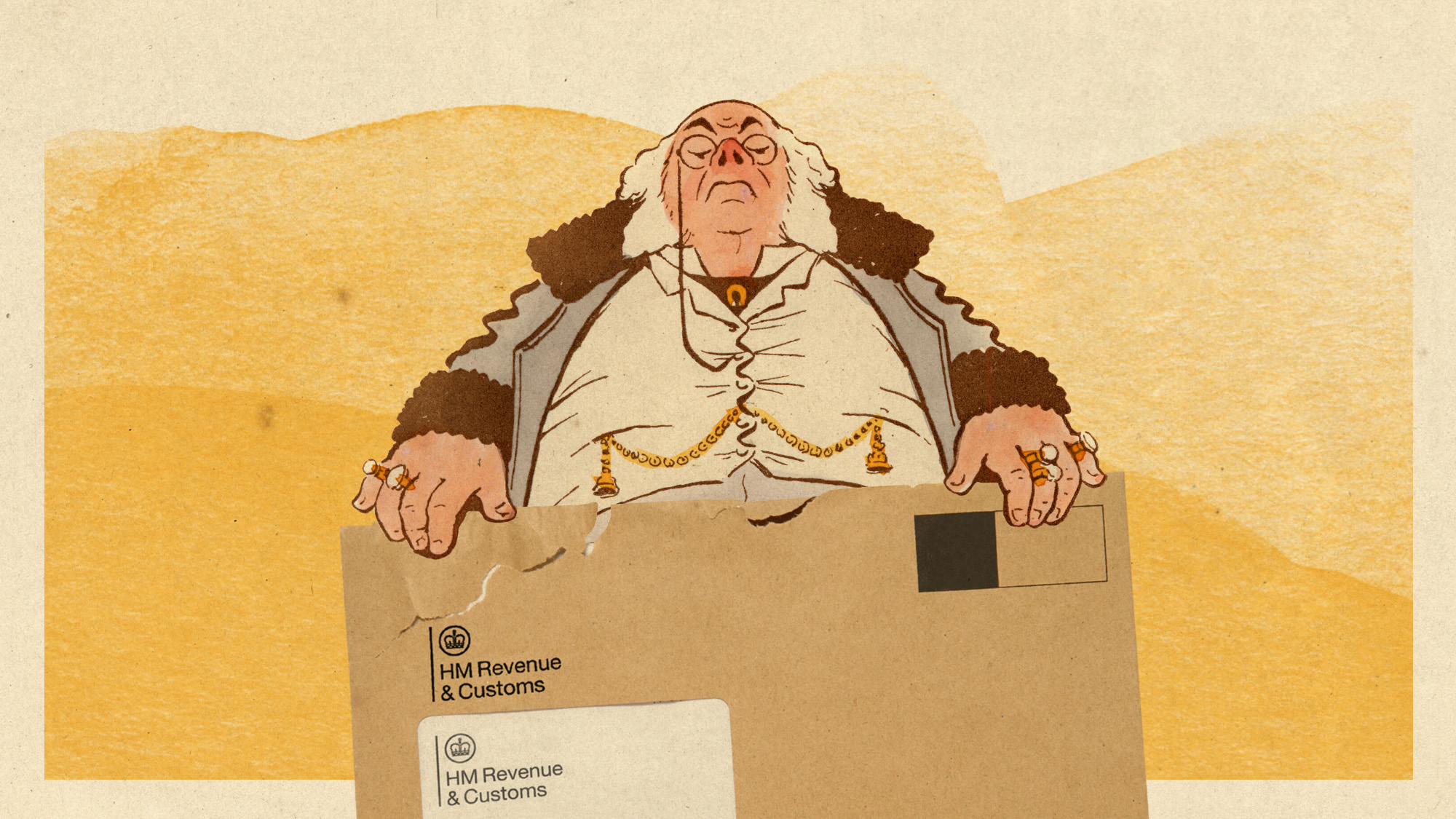 Pros and cons of a wealth tax
Pros and cons of a wealth taxPros and Cons Raising revenue and tackling inequality vs. the risk of capital flight and reduced competitiveness
-
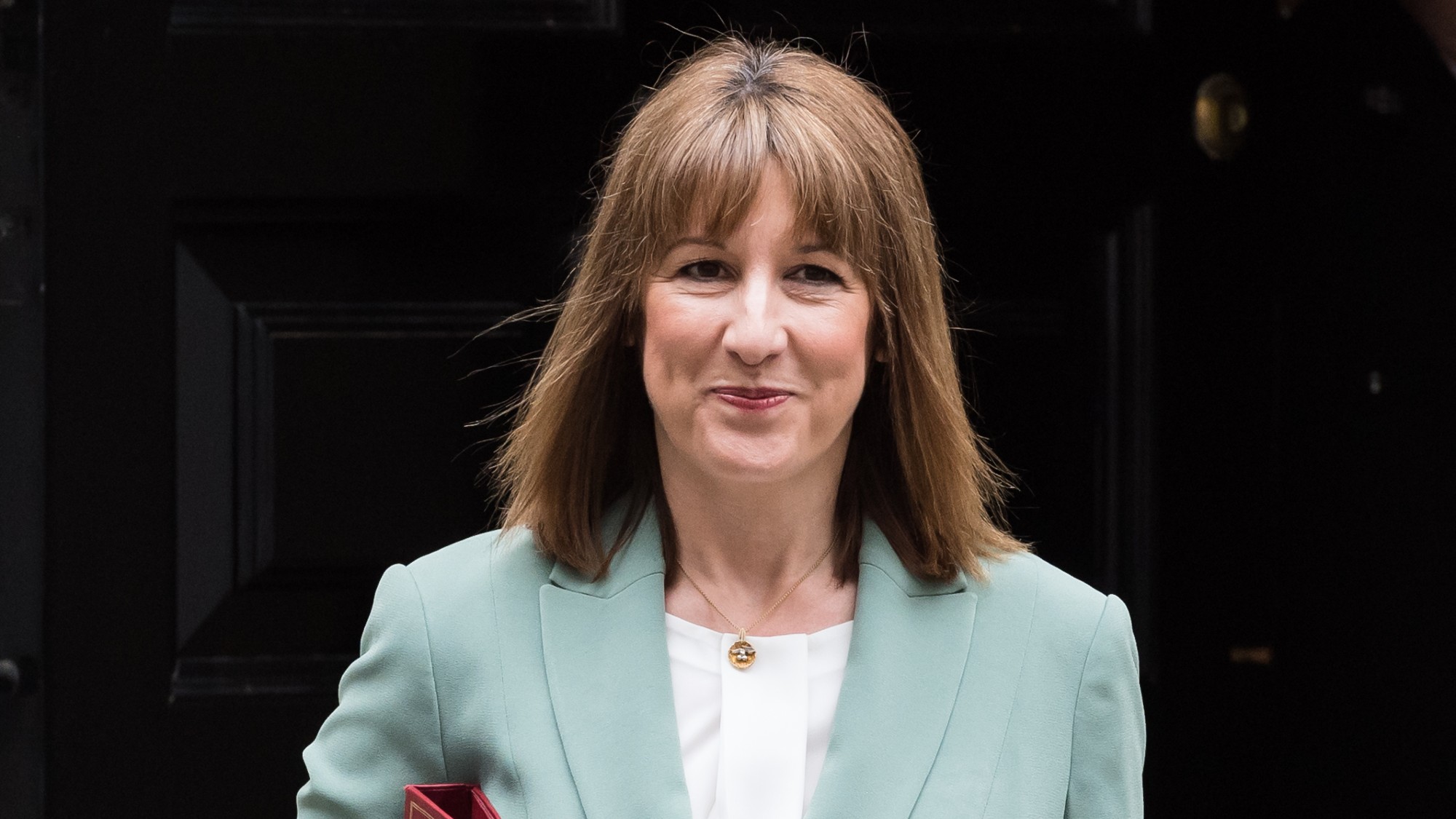 Is Rachel Reeves going soft on non-doms?
Is Rachel Reeves going soft on non-doms?Today's Big Question Chancellor is reportedly considering reversing controversial 40% inheritance tax on global assets of non-doms, after allegations of 'exodus' of rich people
-
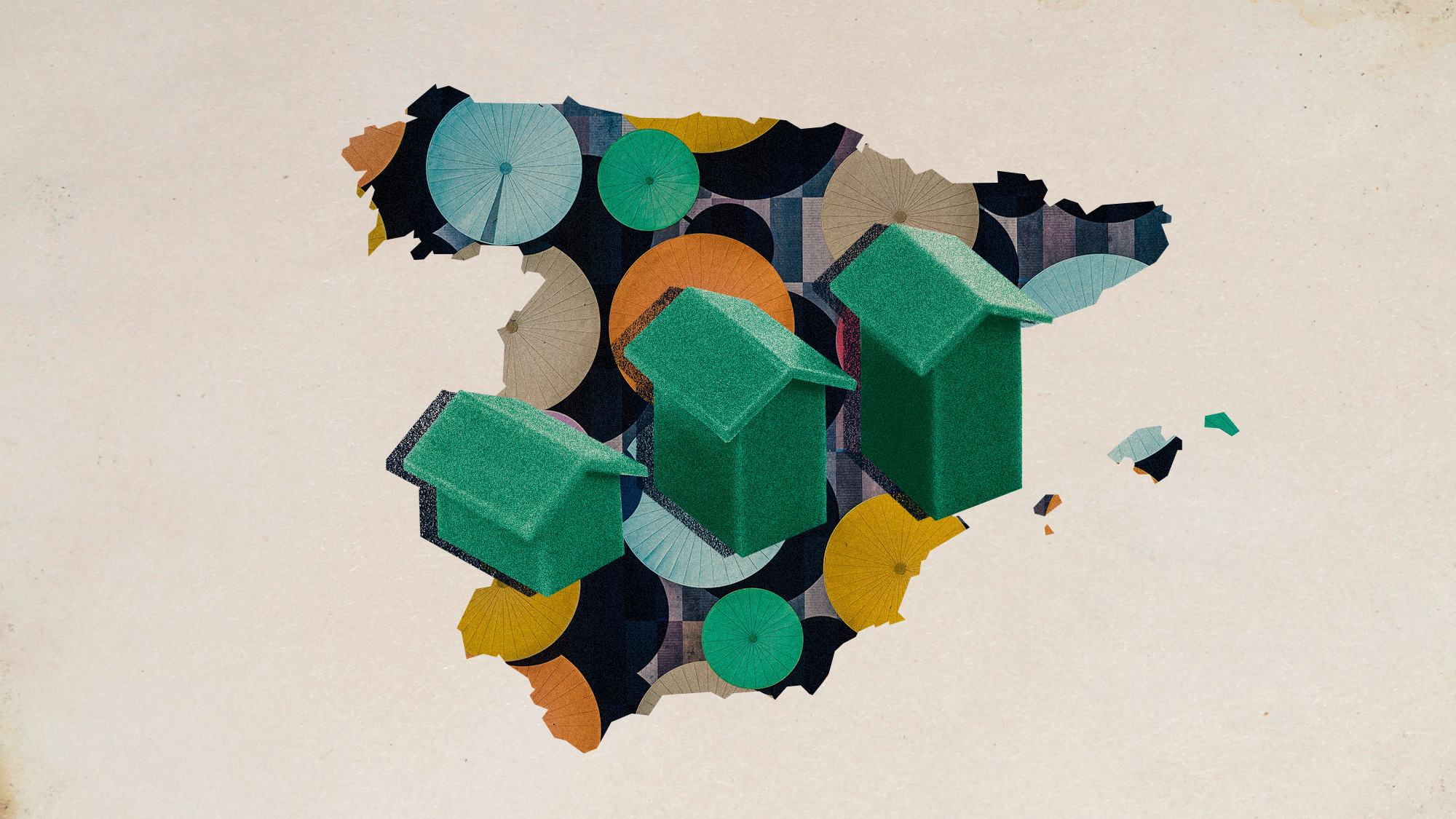 Foreigners in Spain facing a 100% tax on homes as the country battles a housing crisis
Foreigners in Spain facing a 100% tax on homes as the country battles a housing crisisUnder the Radar The goal is to provide 'more housing, better regulation and greater aid,' said Spain's prime minister
-
 What's next for electric vehicles under Trump?
What's next for electric vehicles under Trump?Today's Big Question And what does that mean for Tesla's Elon Musk?
-
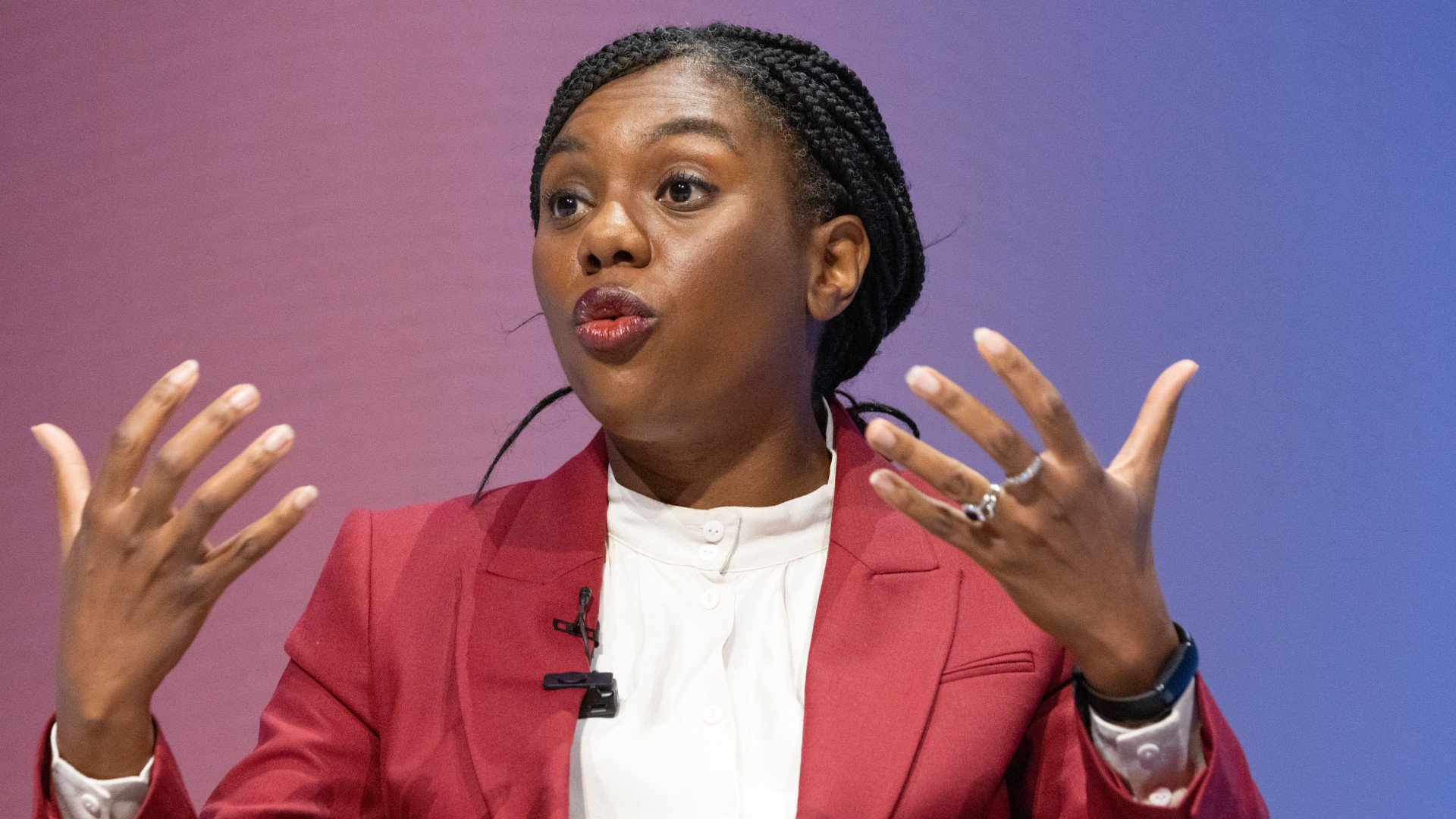 The row over UK maternity pay
The row over UK maternity payTalking Points Tory leadership hopeful Kemi Badenoch implied that taxpayer-funded benefit was 'excessive' and called for 'greater responsibility'
-
 Will the UK economy bounce back in 2024?
Will the UK economy bounce back in 2024?Today's Big Question Fears of recession follow warning that the West is 'sleepwalking into economic catastrophe'
-
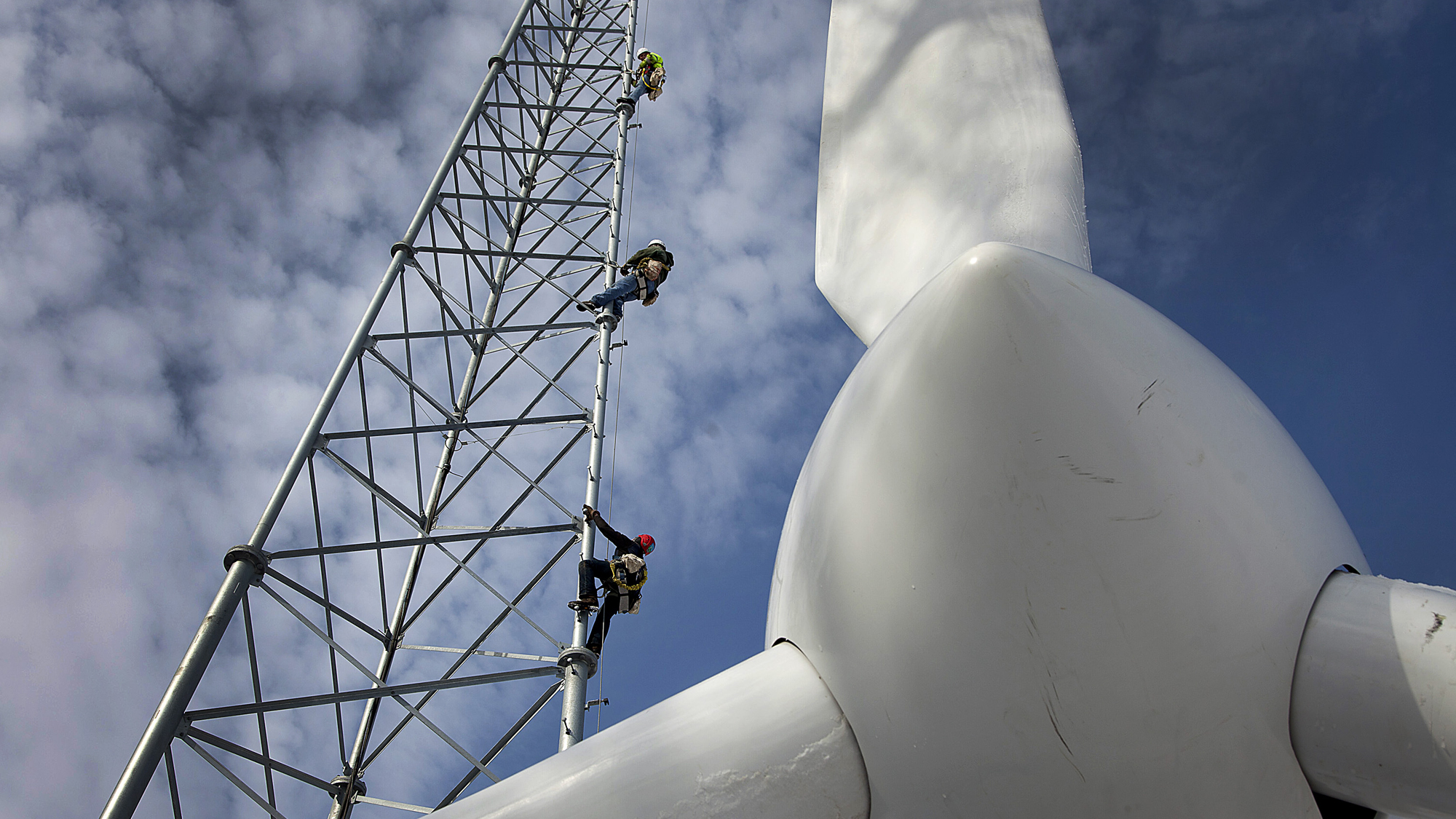 America's most in-demand job
America's most in-demand jobFeature And more of the week's best financial insight


